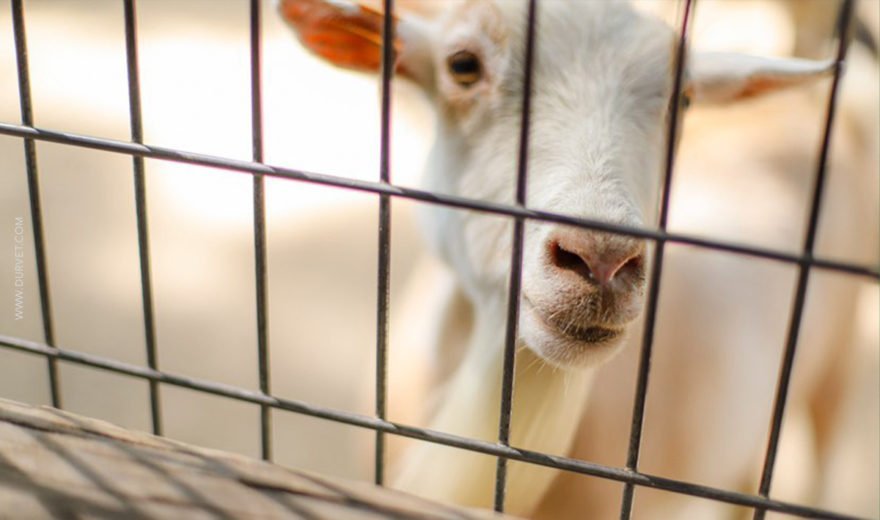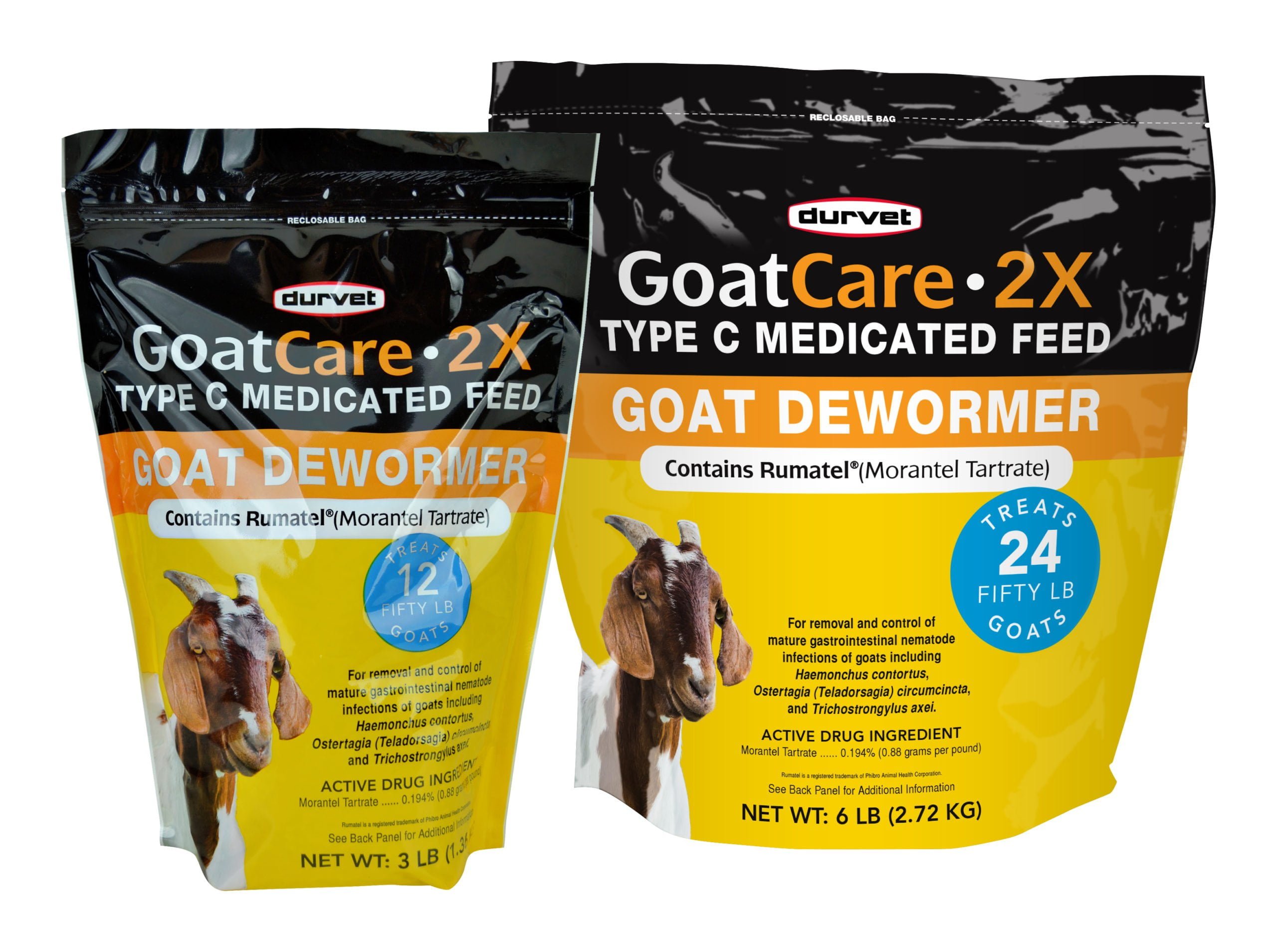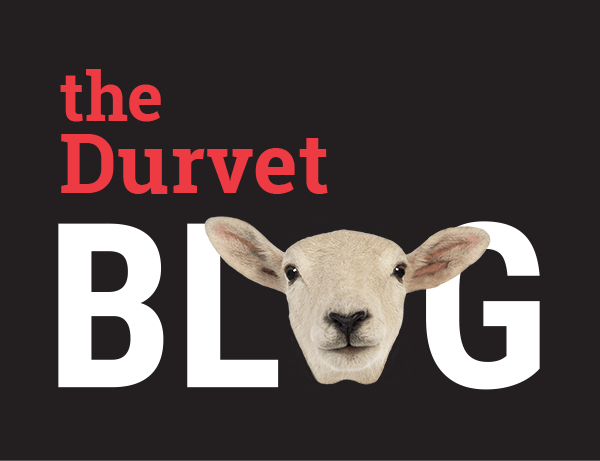
So you've decided to take the plunge and add some goats to your farm? Goats are fun animals and have become more popular as people are trying to return to a more sustainable lifestyle. When someone is a first-time goat buyer, they may not know what to look for or which important questions to ask. When it comes to bringing new goats home, knowledge is power. Buying goats for the first time is exciting, but it is important to research and educate yourself to ensure you get the best value possible.
Most goat farmers recommend starting with a minimum of two goats since they are social animals, but to start with fewer animals so you aren't overwhelmed with the pressure of a larger herd. Don't start out with a buck unless you absolutely need one, choose wethers or does. Another thing to consider is the amount of space you have for the goats. You will need about 10 to 15 square feet per goat indoors for sleeping and 30 square feet for exercise outdoors. Make sure you are fully prepared with supplies and housing/fencing before bringing them home.
Buying a goat starts with choosing a breed that aligns with your goals: meat or milk, showing and breeding or producing fiber. A few other things to consider are size, horns and whether they are registered or not.
Be sure you are buying from a reputable breeder who has a record of breeding healthy, sound animals. Ask locally to ensure the breeder's reputation and visit the breeder's website to learn more about the farm and to check credentials and former sales. You don't want to purchase an unhealthy animal, as they can bring disease to your herd and rack up vet bills. Ask the breeder lots of questions before visiting and to share photos of the goat.
When you get to the farm, assess the animals living condition. Is it clean? Do they have access to fresh, clean water? Trust your gut and ask the breeder lots of questions. The best way to know if you want to purchase a goat is to see it in person. You can get a good sense of their personality, physical condition and see if they're easy to handle or not. Look over the goat from head to hoof for any abnormalities. Take a closer look for any sign of injury, feel the coat and make sure the eyes are clear and bright. Some signs of ill health can be thin body, swollen knees, abscesses, rough coat condition or limping.
Other things that are important to ask the breeder are the basics: breed, age, sex, size/weight, etc. Is the goat registered? Is there a history of disease in the herd? What was the vaccination and deworming schedule? Has she been bred before? If so, how many kids does she usually produce? How much milk does she give per day? You should also ask the breeder why they are choosing to sell this goat. Are they downsizing? Do they have issues with kidding? Do they have personality issues? There are lots of reasons someone may decide to sell a goat - the reason may tell you if the goat would be a good fit for your farm.
When you first bring your new goats home, be sure to keep them quarantined from the existing herd for at least a month. This is a great time to worm a new goat and allow them to expel any parasites they may have picked up so they don't spread anything to the existing members.
Sources: Manna Pro Homestead, Treehugger
Please Note: This information is for educational purposes only and not intended to treat, diagnose or prevent any disease. In all cases, it it each owner's responsibility to obtain veterinary services and advice before using any of the information provided. Durvet encourages owners to make their own animal health care decisions in partnership with their veterinarian. Please read all labels carefully. Product is for veterinary use only. Not intended for use in humans.

 BACK TO MAIN BLOG
BACK TO MAIN BLOG 

Comment